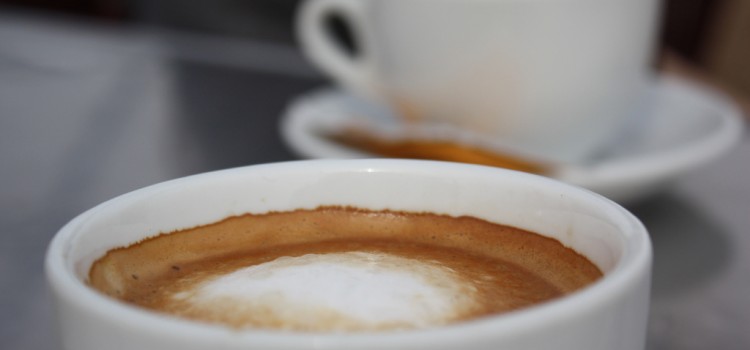 Caffeine is a highly addictive substance. Many people can become, or are addicted to caffeine. There are no treatment centers for caffeine addictions. This is because caffeine is not a mind altering drug. It is mood altering in large doses. Substance abuse and substance addiction are two very different problems, but are often misdiagnosed. The reason for this is that a person who is addicted to a drug may be in denial and claim that they are only abusing the drug for the time being and it is no big deal. For starters, here are some basic definitions. Substance abuse is when a person misuses a substance in order to alter its intended effects. In other words the person is using the substance to regulate or alter their state of mind. Addiction is when a person is addicted to a substance and cannot function without it. It is also characterized by a person who cannot stop using a substance even when they want to.
Caffeine is a highly addictive substance. Many people can become, or are addicted to caffeine. There are no treatment centers for caffeine addictions. This is because caffeine is not a mind altering drug. It is mood altering in large doses. Substance abuse and substance addiction are two very different problems, but are often misdiagnosed. The reason for this is that a person who is addicted to a drug may be in denial and claim that they are only abusing the drug for the time being and it is no big deal. For starters, here are some basic definitions. Substance abuse is when a person misuses a substance in order to alter its intended effects. In other words the person is using the substance to regulate or alter their state of mind. Addiction is when a person is addicted to a substance and cannot function without it. It is also characterized by a person who cannot stop using a substance even when they want to.
Caffeine is a legal substance which is widely abused. With drive through Starbucks in every city it is easily accessible. Most companies offer coffee throughout the day in the break room free of charge. Coffee is cheap and easy to consume. Decaffeinated coffee is available for those wishing to lower their intake of caffeine, but not as widely accessible. Caffeine can also be found in many soft drinks. Coke and Pepsi are among the most caffeinated sodas. The Coca-Cola Company has taken measures to accommodate those people who would still like to drink soda, but not have the caffeine. Caffeine free versions of most soft drinks are available. Most people abuse caffeine in order to stay awake and to provide themselves with a false sense of energy. Energy drinks such as red bull and monster have become a big hit among party goers who do not like the sedative effects of alcohol. Here is a case in which addiction and abuse can be seen coexisting. The alcohol is the addiction and the abuse is of the caffeine being used to counter the negative effects of the alcohol.
